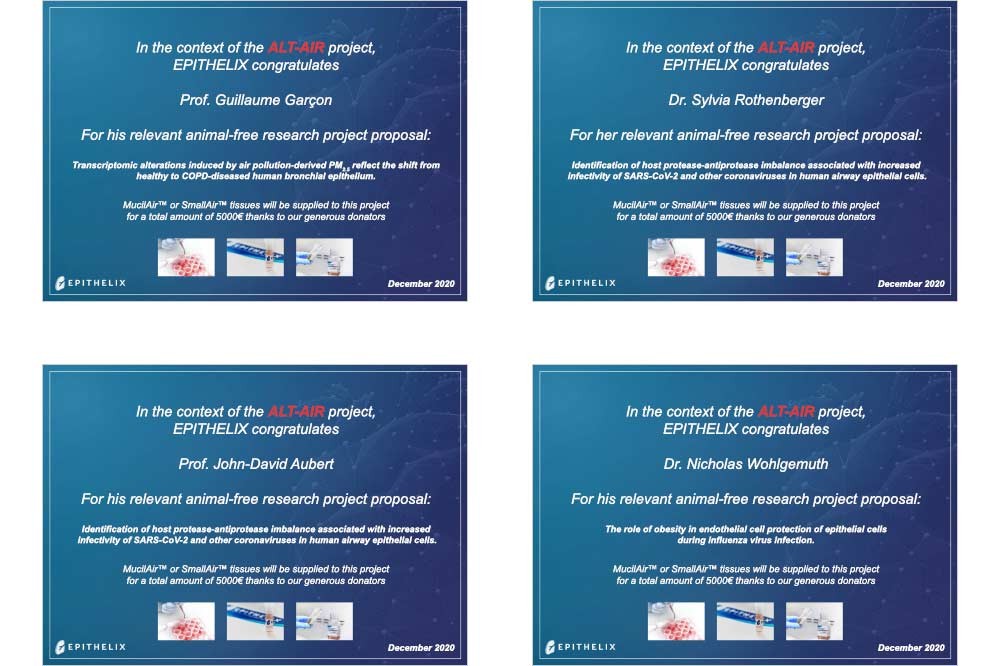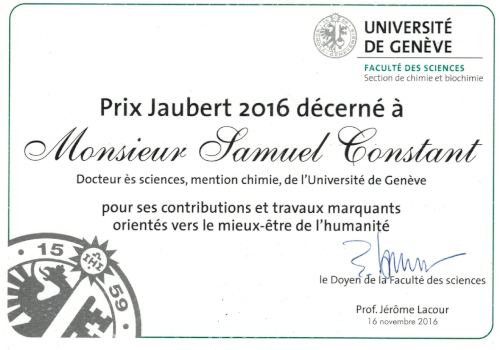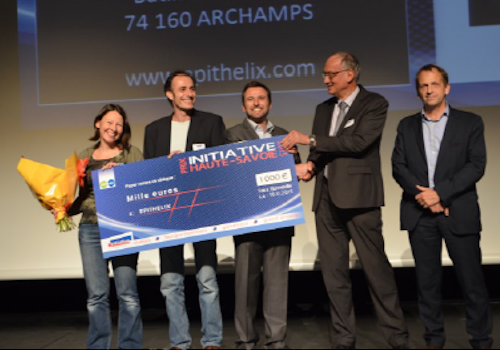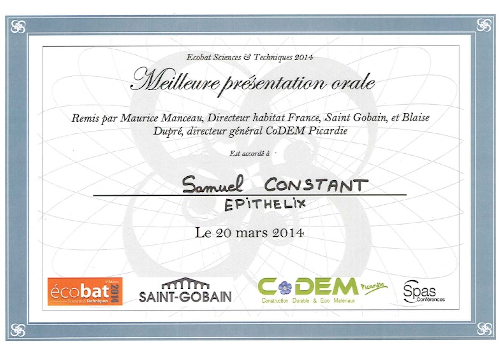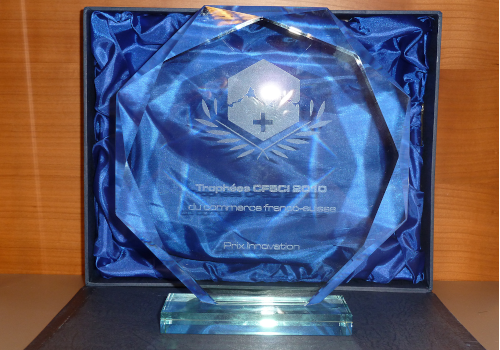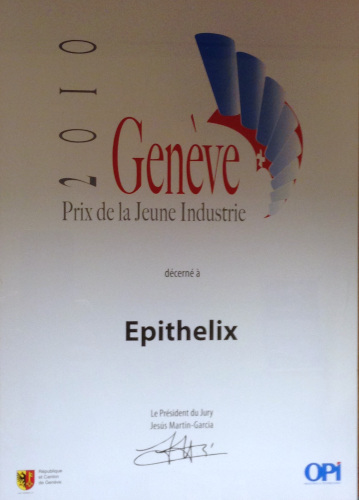PETA Science Consortium International and Epithelix invite you to apply to win three-dimensional reconstructed human respiratory tissues from Epithelix. Epithelix’s human cell–based tissue models mimic different regions of the respiratory tract and can be used for testing cosmetics, pharmaceuticals, medical device extracts, industrial chemicals, pesticides, and household products.
The award winner will be selected based on their proposal’s scientific merit and potential to replace the use of animals in inhalation testing, and will receive a $15,000 (~€15,237) award redeemable for Epithelix tissues (MucilAir™, SmallAir™, or AlveolAir™) and/or primary human alveolar macrophages (at standard commercial prices). Researchers from any sector (e.g. industry, academia, and government) are encouraged to apply, and this opportunity is open to applicants worldwide.
More information: https://www.thepsci.eu/epithelix_award/

